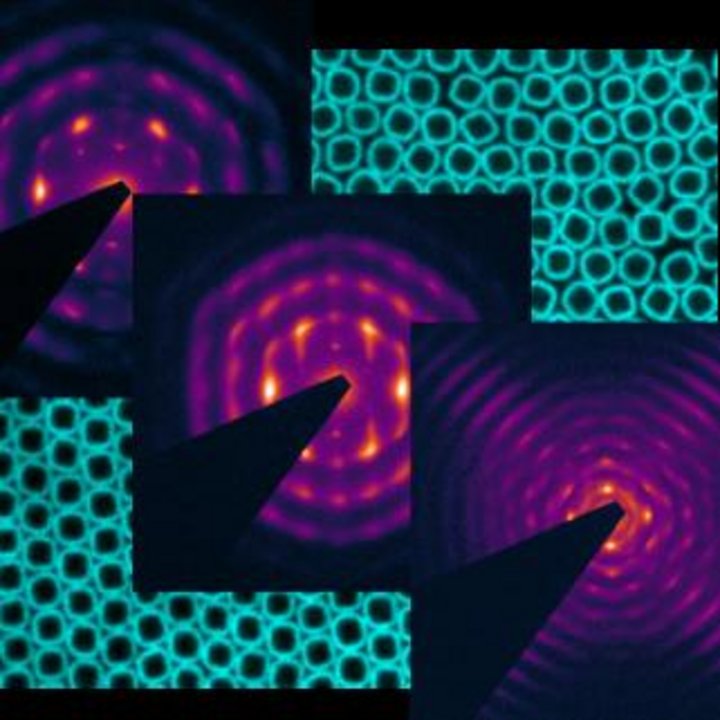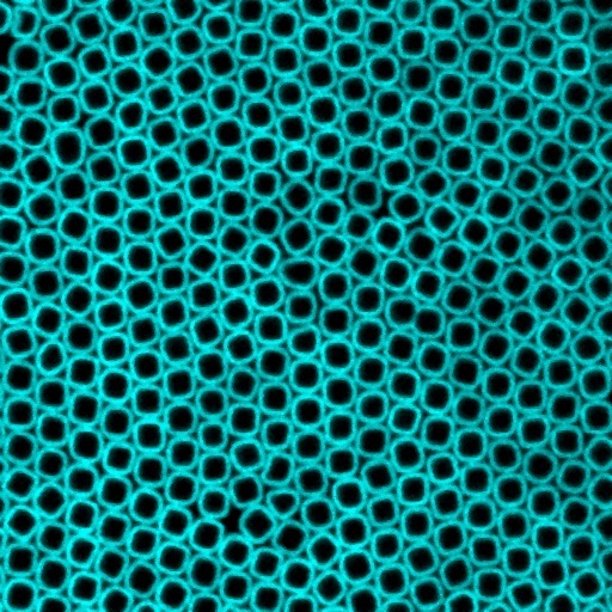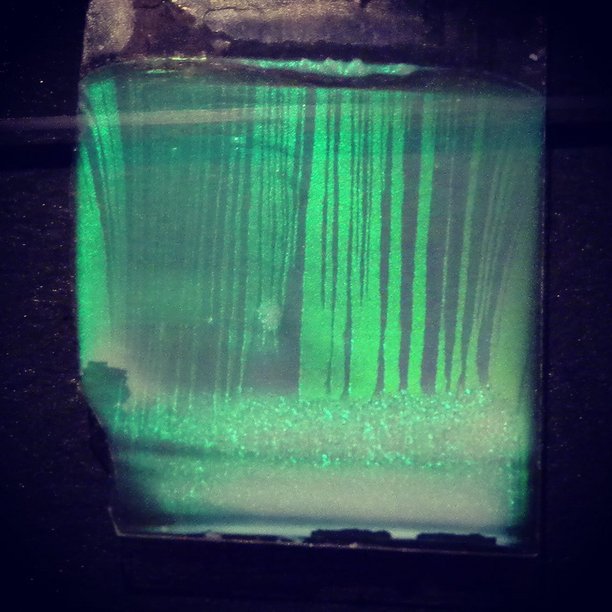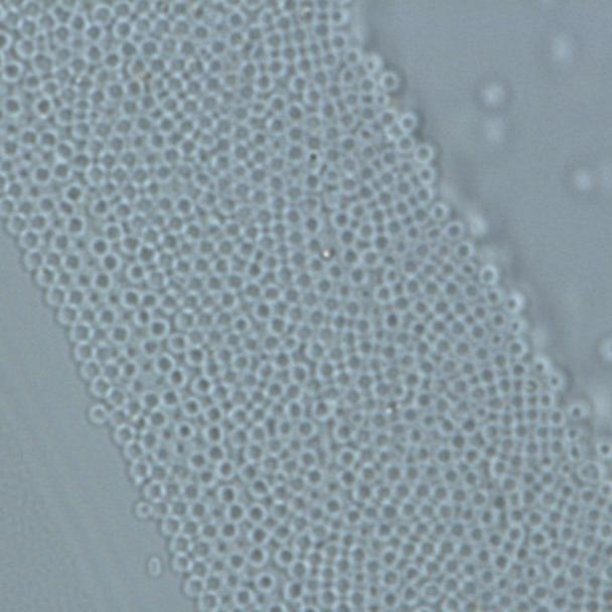The ultimate goal of our research is to control the spontaneous self-organization of colloids to develop new materials with unique mechanical, optical, or electronic properties
Our research focusses on the spontaneous assembly of colloidal particles into larger superstructures. Colloidal particles are small particles with one of their dimensions in the range of 1-1000 nm. When dispersed in a liquid these particles show thermal (Brownian) motion. Due to this motion the properties of colloidal dispersions are similar to molecular systems and exhibit diffusion, gas-liquid condensation and crystallization. Due to the larger size of colloids, the length and time scales of the structural dynamics are easily observable on single particle levels using optical microscopy and allows us to gain direct insight into different self-assembly processes. Today, thanks to advances in synthesis the shape and interaction potential of the colloidal particles can now be tuned with extreme precision, making colloids as complex as their molecular counterparts! Their availability opens up the possibility to study assembly processes of complex particles on a single particle level and allows us to learn how different aspects of the building blocks influence the self-assembly process.
Read moreMeet some of our Researchers
Student Opportunities
Are you a BEP or MEP student looking for a project? We are always looking for people to join our team. Please contact me for more information on available projects.
Recent Publications
Our most recent peer reviewed publications
-
Timo J.J.M. van Overveld,Wouter G. Ellenbroek,J.M. Meijer,Herman J.H. Clercx,Matias Duran Matute
From hydrodynamics to dipolar colloids: Modeling complex interactions and self-organization with generalized particles
Physical Review E (2024) -
M.P.M. Schelling,T.W.J. Verouden,T.C.M. Stevens,J.M. Meijer
3D visualization reveals the cooling rate dependent crystallization near a wall in dense microgel systems
Soft Matter (2024) -
Max P.M. Schelling,Janne Mieke Meijer
Controlled creation of point defects in three-dimensional colloidal crystals
Physical Review E (2024) -
S. Schyck,J.M. Meijer,M.P. Schelling,L. Rossi
Droplet-based assembly of magnetic superballs
JPhys Materials (2024) -
J. Opdam,D. Guu,M.P.M. Schelling,D.G.A.L. Aarts,R. Tuinier,M.P. Lettinga
Erratum
Journal of Chemical Physics (2022)
Contact
-
Visiting address
Flux 5.116Groene Loper 195612 AP EindhovenNetherlands -
Visiting address
Flux 5.116Groene Loper 195612 AP EindhovenNetherlands -
Postal address
FluxP.O. Box 5135600 MB EindhovenNetherlands -
Postal address
FluxP.O. Box 5135600 MB EindhovenNetherlands



